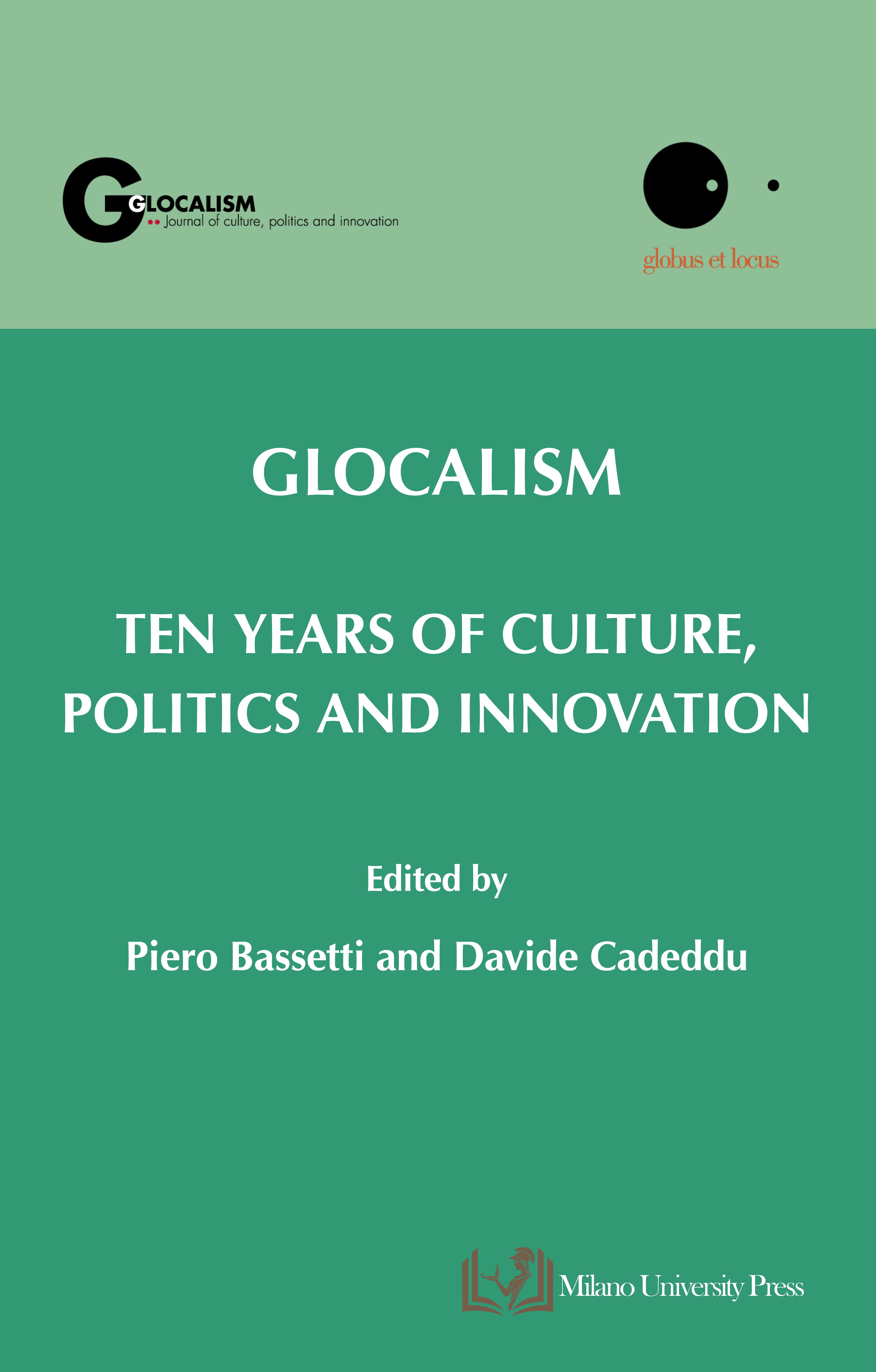Citizenship and Belonging: an Analysis of Immigrants’ Integration Beliefs and Membership Meaning in South-West Germany
DOI:
https://doi.org/10.12893/gjcpi.2017.2.4Keywords:
Migrants, German Identity, Belonging, Social Integration, Boundaries, Hyphenated IdentityAbstract
Germany has the highest number of immigrants in Europe. Changes in immigration and citizenship laws have intended to make Germany an attractive destination for skilled immigrant workers. The accentuated focus on the economic efficiency of migration, however, leaves open the question of how Germany’s national identity is living up to the immigrant situation. Based on face-to-face, in-depth, semi-structured interviews (N=45), this question is probed through the eyes of first and second generation immigrants in south-west Germany. Perceptions of social and affective integration, group identifications and possibilities of de-differentiating native-immigrant distinctions are studied in detail. While a few respondents mention instances of personal discrimination and most are at ease with their life in Germany, even fewer see themselves as German without further qualification. Even though there are hints of a partial disintegration of the fault lines between immigrants’ self and what they perceive as “German”, their answers provide little indication of an emergence of a new inclusive narrative of Germaneness. Germany’s national identity still needs to broaden its understandings of “what it means to be a German”.
Downloads

Downloads
Published
How to Cite
Issue
Section
License
Copyright (c) 2023 Stefan Immerfall

This work is licensed under a Creative Commons Attribution-ShareAlike 4.0 International License.











